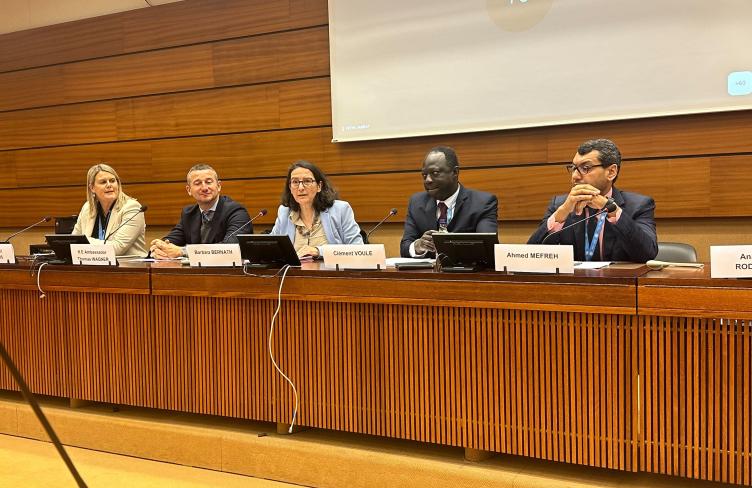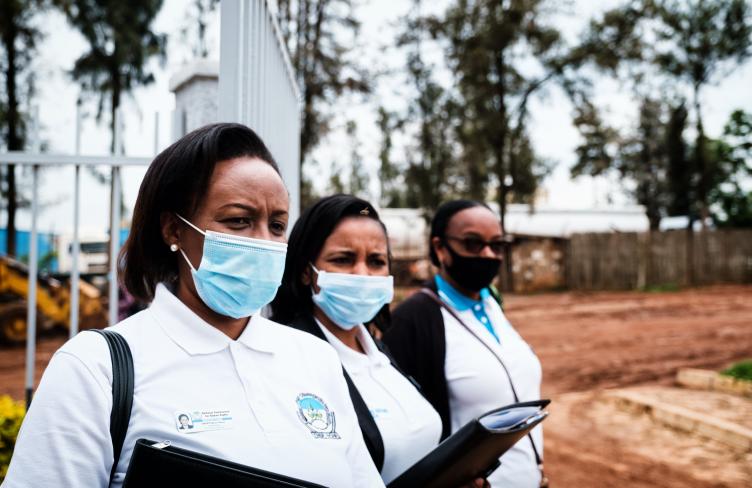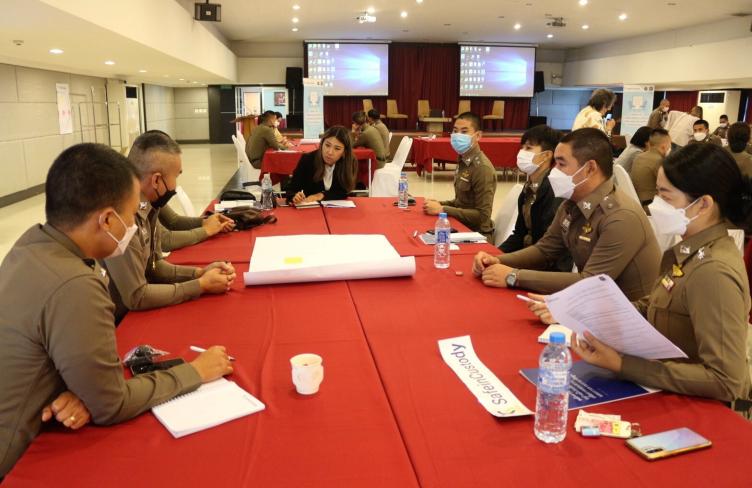Tackling Torture in Africa and Europe was the subject of the seventh African Union-European Union Civil Society Seminar that took place in Banjul, Gambia, on 28-29 October 2017. Over the two days, participants from European and African civil society discussed key challenges in the fight against torture on both continents, exchanged experiences, and identified good practices and future opportunities for multilateral inter-continental cooperation.
Highlighting the high risks of torture and ill-treatment during arrest, police custody, and pre-trial detention, the APT recalled the unequivocal results of the landmark global research, “Does Torture Prevention Work?", and advocated both for the implementation of essential safeguards during these initial periods of apprehension and for the establishment of an oversight mechanism to regularly monitor all places where persons are deprived of liberty.
For these purposes, the APT flagged some key tools that have been developed to assist African and European countries in implementing such safeguards in practice, the Luanda Guidelines on the Conditions of Arrest, Police Custody, and Pre-Trial Detention in Africa and the EU’s Roadmap on procedural rights; recommended States to set up a National Preventive Mechanism (NPM) to monitor places of detention; and encouraged regional exchanges of NPMs, in the likes of the 2016 Annual Meeting for NPMs of the OSCE region, or the first regional exchange for North African NPMs organised by the APT in September 2017.
Other key topics under discussion included avenues for realising the rights of victims by providing redress and rehabilitation; and effective methods of documenting, investigating, and prosecuting torture.
A series of recommendations, which were consolidated by participants on the last day of the seminar, will be finalised and presented to the European Union and the African Union and their Member States in the coming weeks. The complete list of recommendations will be available soon on the Africa-EU partnership’s website.
You can read the full statement presented by the APT here.


